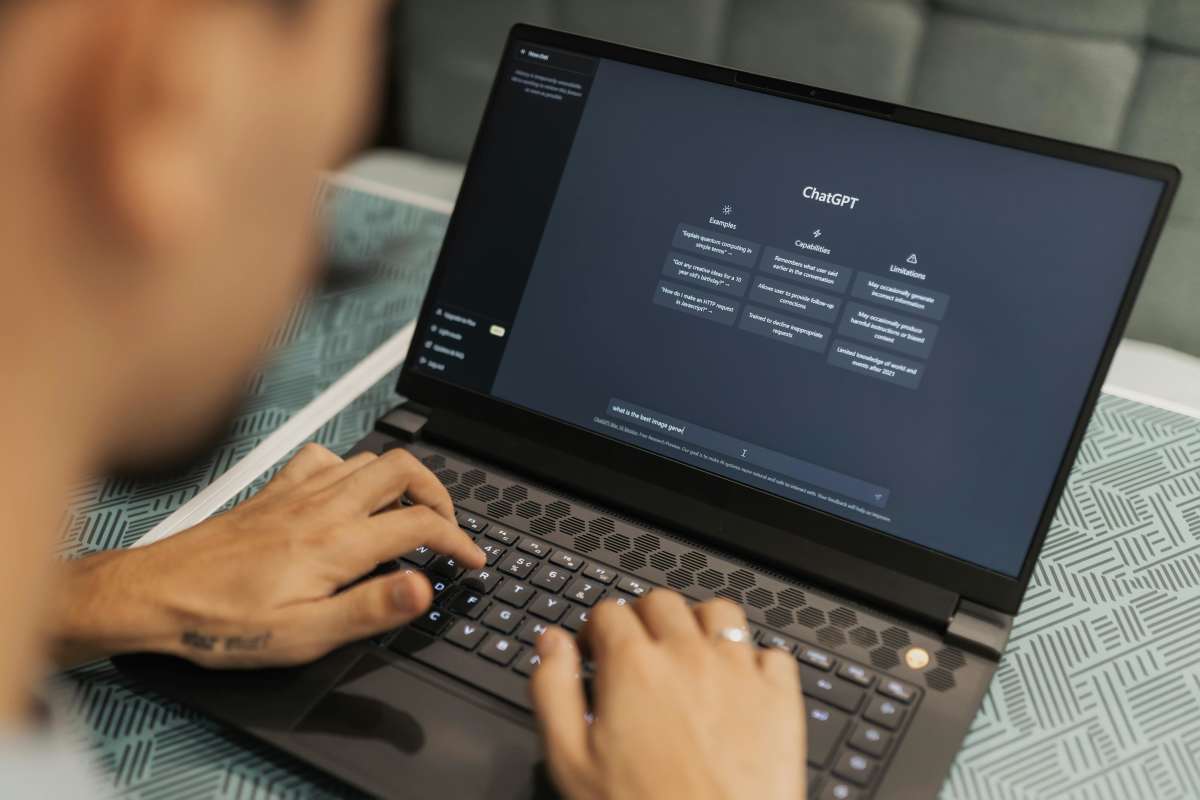ChatGPT Made a Mistake and Then 'Gaslight' Founder to Make it a Reality

Influencers on social media are always under the radar for the products they suggest. Being humans, they are prone to making mistakes, like a typo in the caption, which could give viewers the wrong idea about items they're promoting. Apparently, ChatGPT is also prone to the same issue, as evidenced by a recent incident with the sheet music scanning app Soundslice, according to 404. The Large Language Model (LLM) repeatedly suggested to its users that Soundslice had a feature, which it reportedly did not. Considering the large user base of ChatGPT, it wasn't a shock for developers when the sheet music scanning app received tons of traffic asking for it. In response to this unexpected demand, the app developers were forced to take an unplanned step.

ChatGPT's 'Mistake'
The bewildering response from ChatGPT was figured out by Adrian Holovaty, a developer at Soundslice. Holovaty was surprised when he noticed a pattern in the application's error logs. The developer detected that many users were uploading ASCII tablature, a system that notates guitar music, for processing into the application. The catch was that Soundslice wasn't capable of such processing, and never claimed to be so, in any of their promotions. A closer look revealed screenshots uploaded by users, which not only featured ASCII tabs created by ChatGPT, but also suggestions to reach out to Soundslice for processing the tablature.
Soundslice was created to provide interactive music education, according to DigiTrendz. The application essentially creates video lessons based on uploaded sheet music. It has an AI-powered scanner that can convert images of traditional sheet music into playable notations. However, ASCII tablature was never part of the scanner's database. The increased requests for ASCII tablature processing were deemed a reputational issue by the developers of Soundslice. They believed that people coming to the application with some expectation, but getting disappointed could hurt the application's business prospects.
Step Taken by Soundslice
The developers had two options: either to clarify the misunderstanding or incorporate the ASCII tablature processing feature into the AI-powered scanner. They went with the latter. A major reason behind their taking this route was that the coding for this feature wasn't a time-consuming affair. Seeing that it wouldn't be a burden on the employees, the team chose this path, especially when the other way involved possibly instructing ChatGPT to stop giving the wrong information in the first place and setting users up for disappointment. The developers were unaware of any methodologies in place by OpenAI for making such requests. Hence, they went with the option that was more under their control.

ChatGPT's Influence
Through the entire fiasco, Holovaty clearly understood the strength of ChatGPT in present-day marketing. "It's making product recommendations—for existent and nonexistent features alike—to massive audiences, with zero transparency into why it made those particular recommendations. And zero recourse," he shared. A similar incident happened with a project under the developer Niki Tonsky. In this case, the LLM model labeled a text document in the project as "create" when its given name was "update." Ultimately, like Soundslice, this project, called Instant, also had to incorporate the change. Such incidents indicate that in the future, programmers, along with market trends, will have to account for the tastes of LLMs while designing their products.